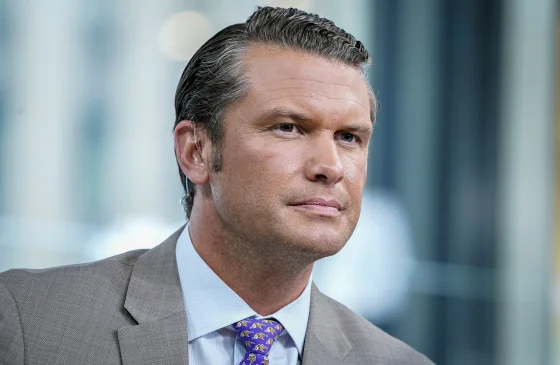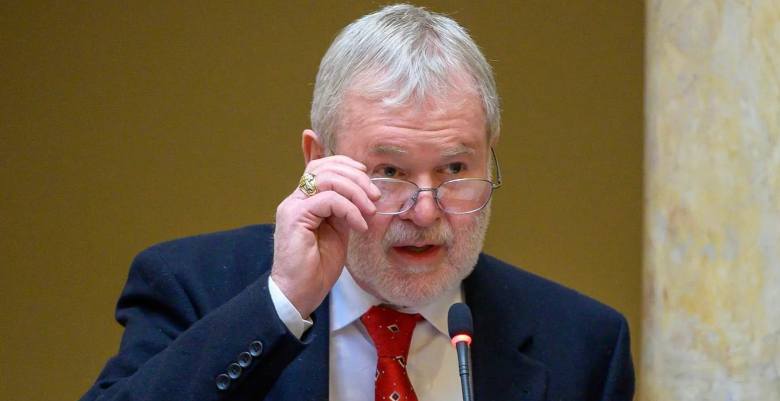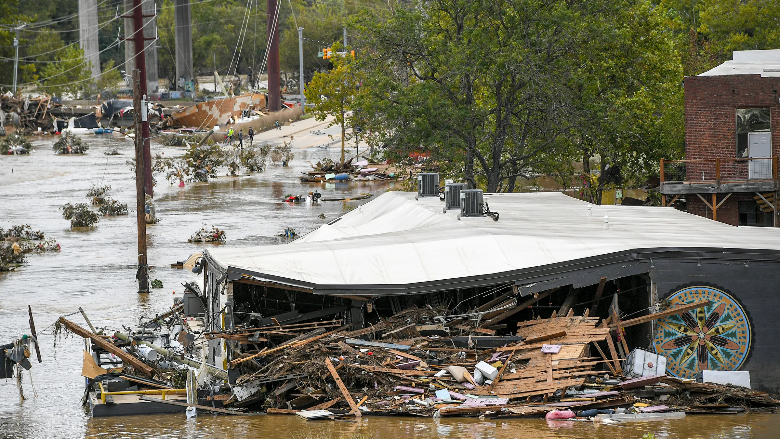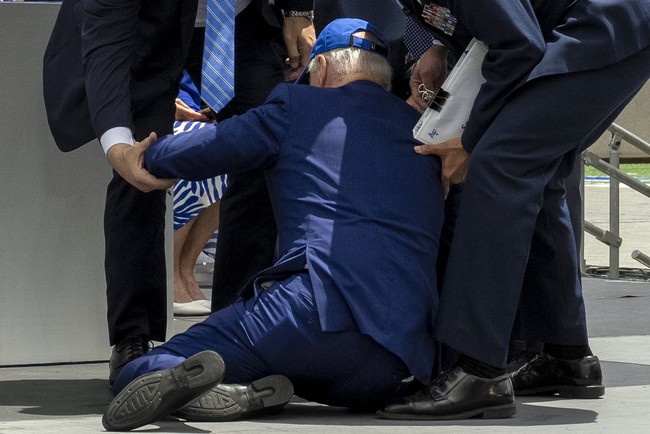Pete Hegseth, President Donald Trump’s nominee for Secretary of Defense, has found himself in the crosshairs of the progressive investigative outlet ProPublica. The organization reportedly planned to release a piece questioning Hegseth’s acceptance to the United States Military Academy at West Point in 1999. However, Hegseth struck first, preemptively dismantling the claim with irrefutable evidence.
On December 11, Hegseth took to X (formerly Twitter) to share a photo of his official West Point acceptance letter. Signed by the academy’s then-Superintendent, Lieutenant General Daniel Christman, the letter unequivocally confirms Hegseth’s acceptance to the prestigious institution.
In his post, Hegseth accused ProPublica of peddling a knowingly false narrative.
“We understand that ProPublica (the Left Wing hack group) is planning to publish a knowingly false report that I was not accepted to West Point in 1999,” he wrote.
Accompanying the statement was a photo of his acceptance letter, serving as definitive proof to counter any claims of dishonesty about his military background.
We understand that ProPublica (the Left Wing hack group) is planning to publish a knowingly false report that I was not accepted to West Point in 1999.
Here’s my letter of acceptance signed by West Point Superintendent, Lieutenant General Daniel Christman, US Army. pic.twitter.com/UOhOVZSfhJ
— Pete Hegseth (@PeteHegseth) December 11, 2024
ProPublica, known for its investigative reporting and frequent criticism of conservative figures, reportedly intended to question Hegseth’s credibility by alleging that he fabricated his West Point acceptance. The outlet has not yet released the article, but its alleged plans have already sparked backlash.
Critics of ProPublica view the potential hit piece as part of a broader effort to discredit high-profile figures associated with the Trump administration.
Hegseth is a decorated Army veteran who served in Iraq and Afghanistan, earning multiple commendations for his service. A graduate of Princeton University, he has been a vocal advocate for veterans’ issues and a prominent conservative commentator. His military credentials have played a significant role in his career, making any challenge to his record a serious accusation.
Hegseth’s decision to go public with his West Point acceptance letter was a calculated move, effectively putting ProPublica in a lose-lose situation.
- If ProPublica Publishes: Should ProPublica proceed with the story, it risks losing credibility by promoting a narrative already debunked by Hegseth’s evidence.
- If ProPublica Withdraws: Opting not to publish the piece might appear as an admission of weak or flawed reporting, reinforcing accusations of bias against the outlet.
Hegseth’s move has positioned him to emerge stronger regardless of ProPublica’s next steps.
This incident highlights the ongoing tension between conservative public figures and left-leaning media outlets. ProPublica, a nonprofit investigative journalism organization, has often been accused by critics on the right of advancing partisan agendas under the guise of independent reporting.
Supporters of Hegseth argue that this is another example of media bias targeting conservative leaders.
One supporter tweeted:
“Pete Hegseth just exposed ProPublica for what it is: a partisan attack machine. When will the mainstream media start holding these outlets accountable?”
Others noted the significance of Hegseth’s preemptive action, praising him for getting ahead of the narrative.
For Hegseth, the timing of these allegations is notable. As Trump’s pick for Secretary of Defense, he is expected to face a rigorous Senate confirmation process. Critics argue that attempts to discredit his record are part of a broader strategy to undermine his nomination.
The controversy also underscores the increasing polarization in American media. Stories targeting public figures often become battlegrounds in the culture war, with each side rallying behind its preferred narrative.
Hegseth’s case is particularly emblematic of this trend, with supporters framing him as a victim of unfounded attacks and detractors questioning the veracity of his military claims.
As of now, ProPublica has not responded to Hegseth’s post or clarified its intentions regarding the alleged story. The absence of a statement has only fueled speculation about the organization’s motives.
If the outlet does not address the claims, it risks being seen as complicit in spreading disinformation. On the other hand, responding could draw further attention to the controversy and strengthen Hegseth’s position.
Hegseth’s bold move to release his West Point acceptance letter has galvanized his supporters, who see it as a definitive rebuttal to ProPublica’s alleged claims. Many have taken to social media to express their solidarity, using hashtags like #IStandWithPete.
The incident has also sparked renewed calls for accountability in journalism, with critics demanding higher standards of accuracy and fairness from media organizations.
Pete Hegseth’s preemptive strike against ProPublica is a masterclass in managing a potential media crisis. By releasing concrete evidence to counter the alleged claims, he has shifted the narrative in his favor while putting his critics on the defensive.
This episode not only highlights the challenges faced by public figures in the digital age but also raises important questions about media ethics and accountability. As the story continues to unfold, one thing is clear: Hegseth isn’t backing down, and his supporters are firmly in his corner.



